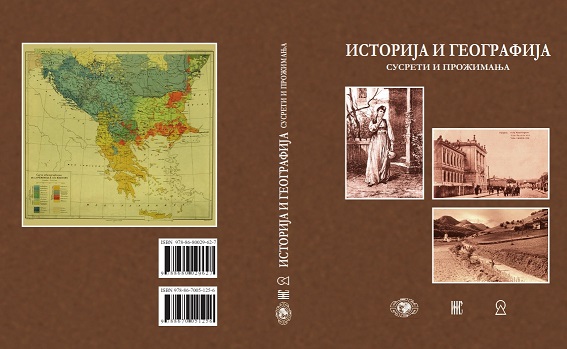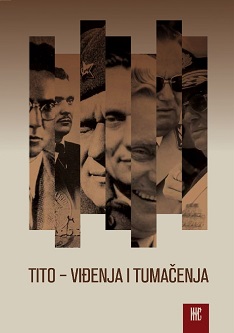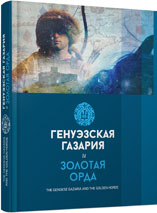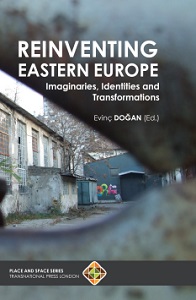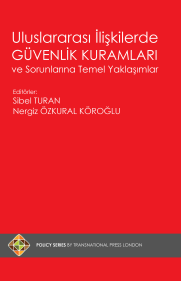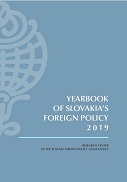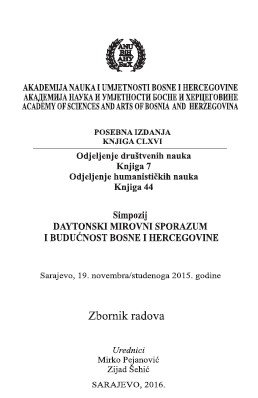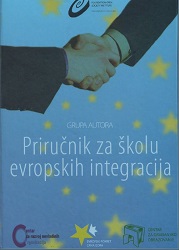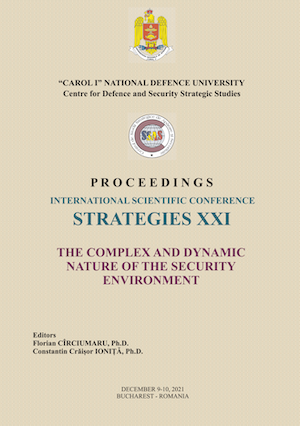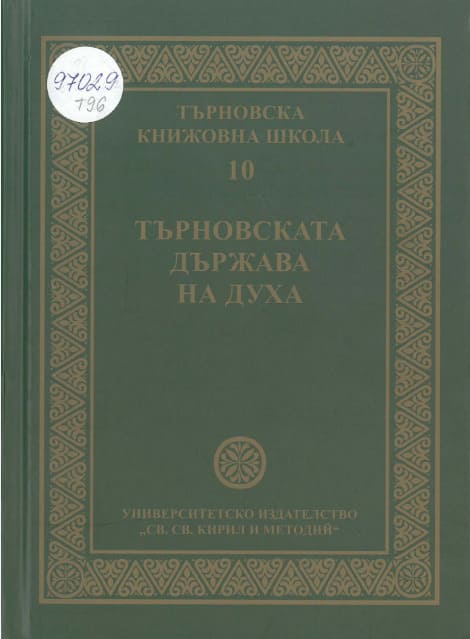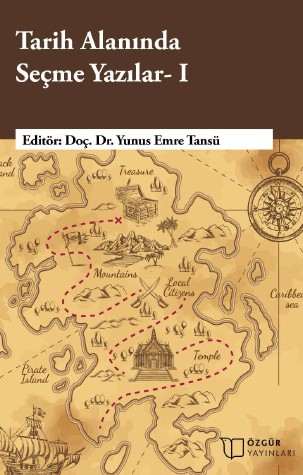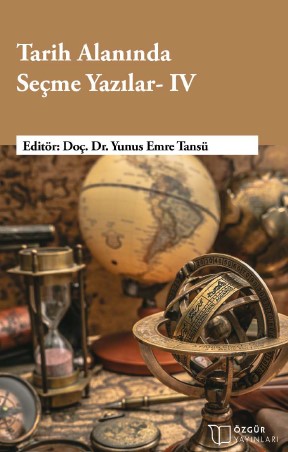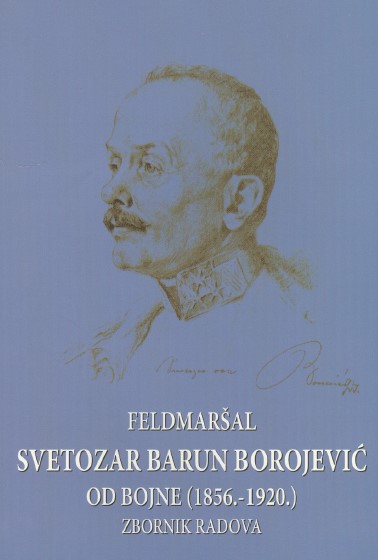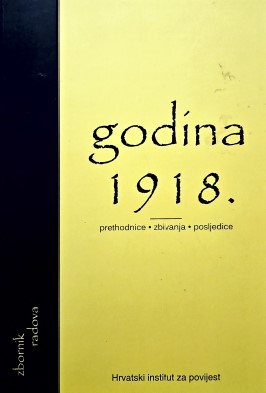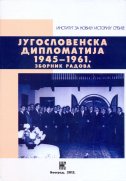
Школовање кадрова за дипломатију у социјалистичкој Југославији од 1945. до 1960.
The new powers that be in Yugoslavia after WWII faced lack of expert and well educated, but also pro-Marxist diplomatic cadres that would also be loyal to the Communist Party. In the beginning, the problem was solved by cautious taking over of the diplomatic officials of the Kingdom of J ugoslavia, by employing the cadres who graduated from humanities faculties and by using the existing Party cadres, regardless of their expertise. Very soon higher schools were set up to broadly educate and improve Marxistically the chosen Party cadres and to enable them to work in the diplomatic service. Firstly, the one-year Diplomatic School at the Foreign Ministry was founded in 1946, and in 1948 the Journalist and Diplomatic High School in Belgrade, that had the rank of a faculty and two departments educating the cadres for diplomacy and journalism. Despite public competitions, only communists and youth activists proposed by Party committees in federal republics were accepted. The teaching staff consisted mainly of university professors, officials of the Foreign Ministry and of other institutions. Due to political problems with the Infonnbureau, the school was abolished in 1952, but it was possible for 200 students to end their studies and graduate. Only in the late 1950s the opinion within the Party leadership prevailed that a higher school for education of the Parly cadres for diplomacy and other political posts should be founded, so that within the framework of the Party school system the High School of Political Sciences started operating in 1960. In 1968 the School was turned into the Faculty of Political Sciences within the framework of the Belgrade University, that, among other things, educated diplomatic experts.
More...
